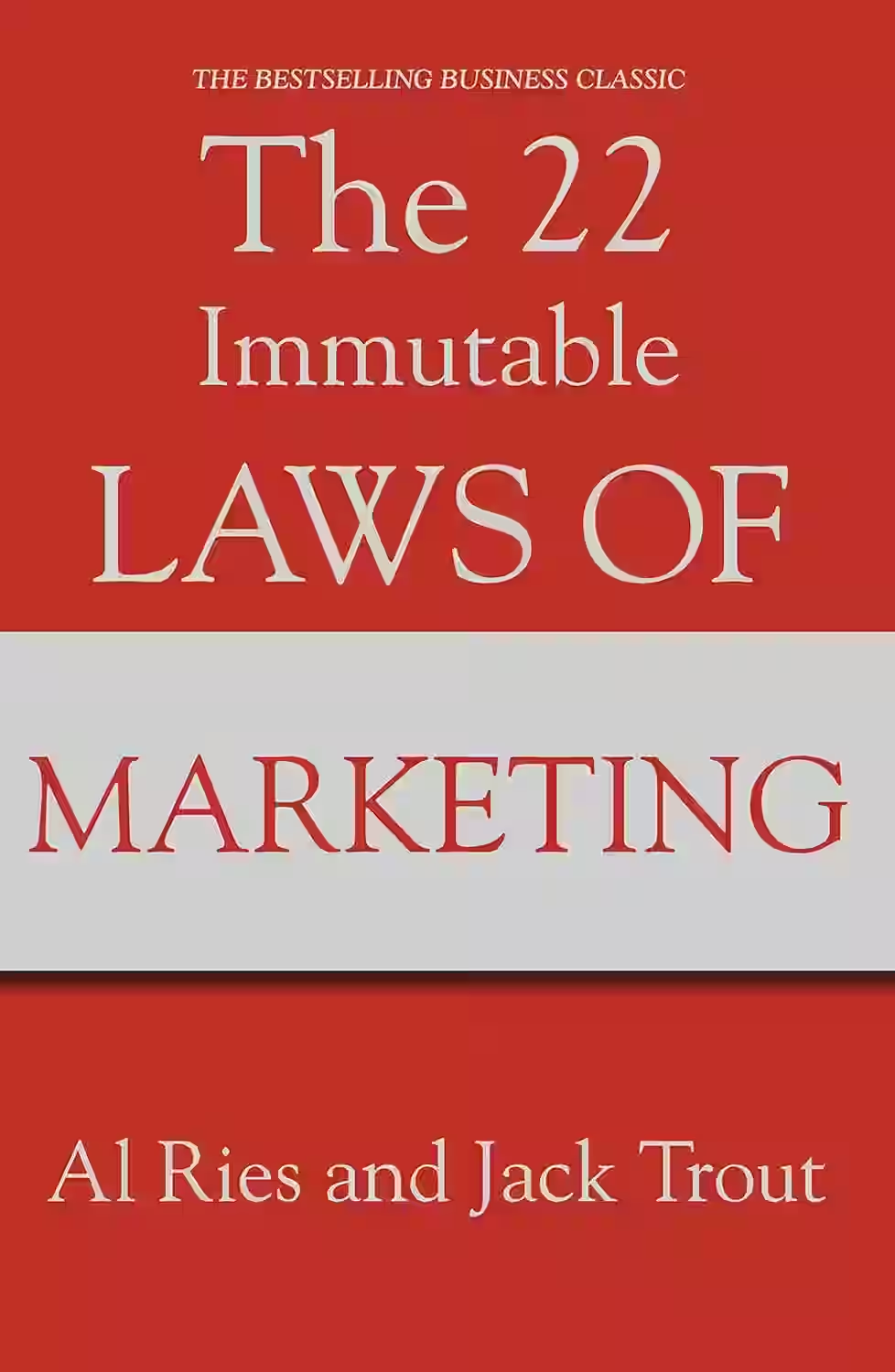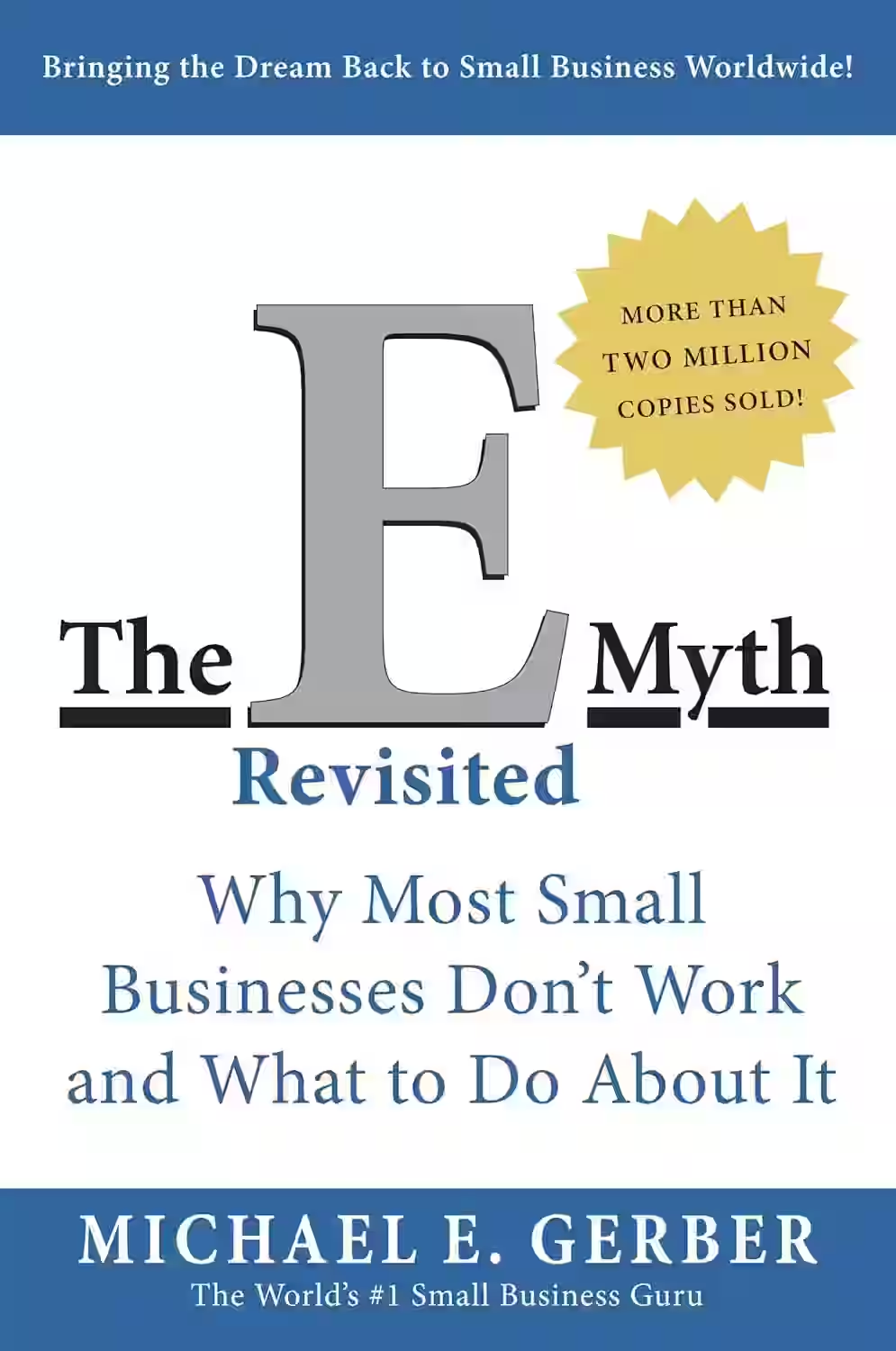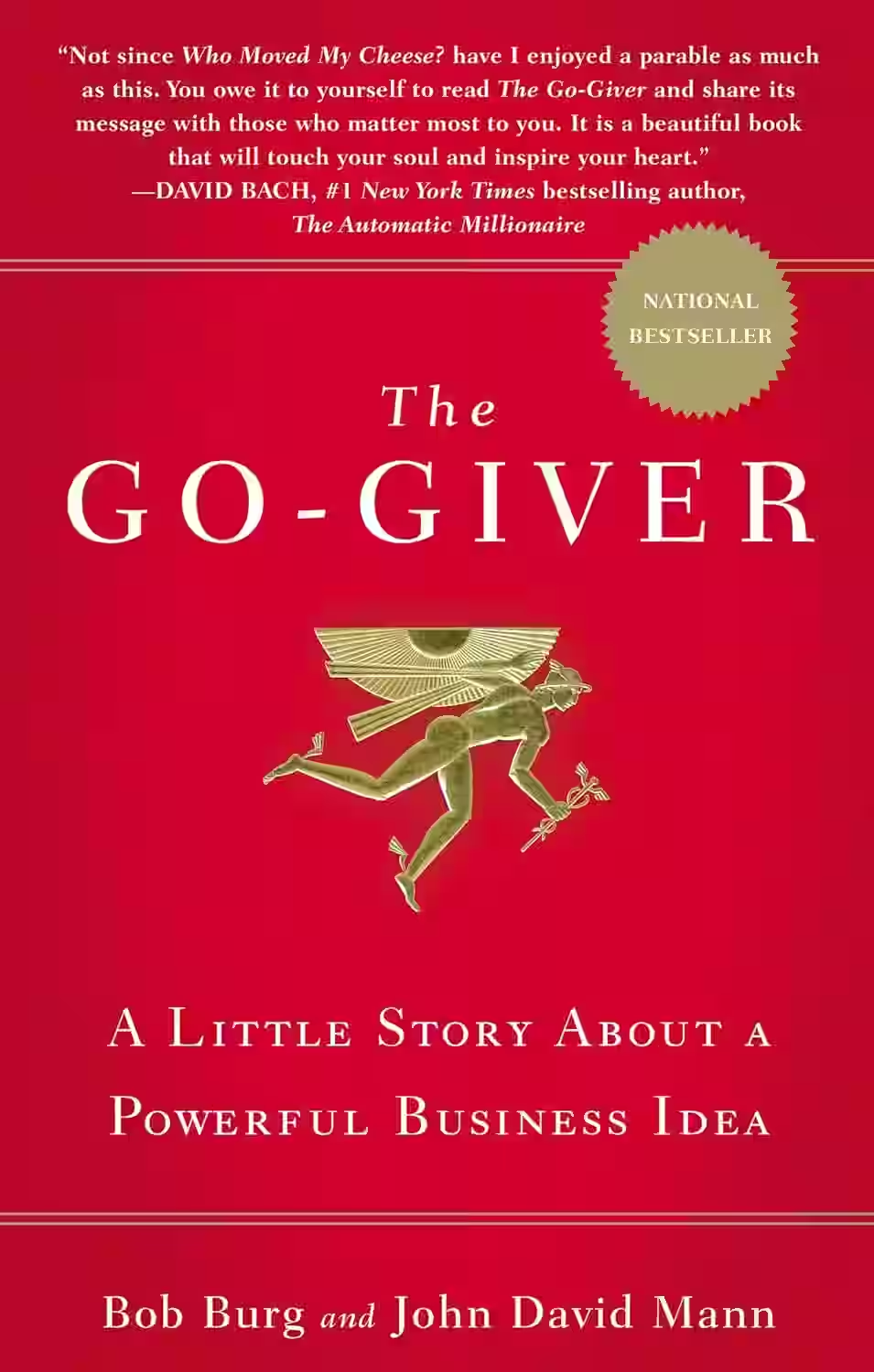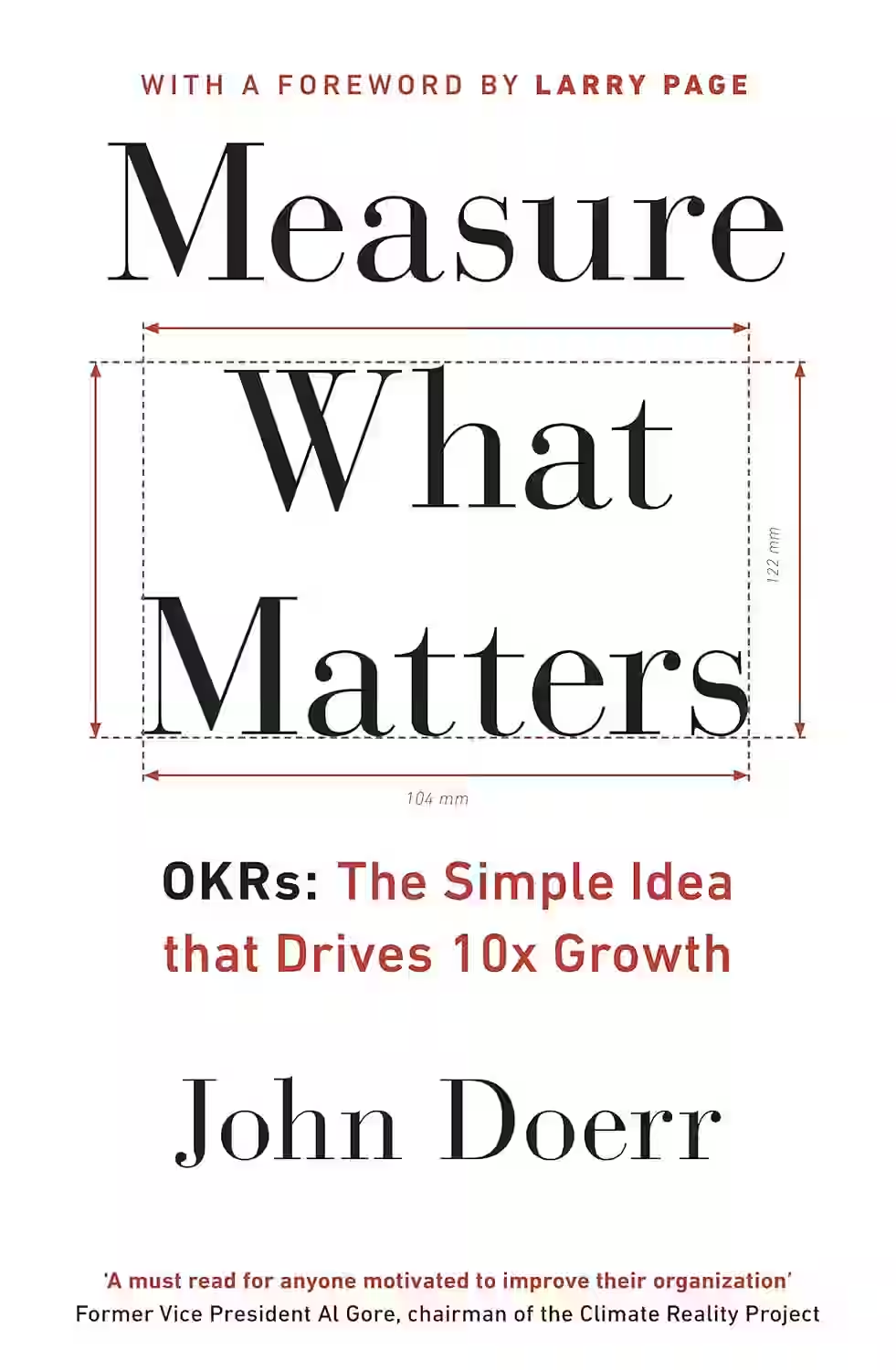
This marketing classic distills decades of experience into 22 concise rules for building and maintaining strong brands. Al Ries and Jack Trout argue that marketing success comes from perception, not product, and each “law” illustrates a key principle—such as the Law of Leadership, the Law of the Category, and the Law of Focus. The book warns against common marketing pitfalls and emphasizes clarity, consistency, and positioning. Though first published in the 1990s, its ideas remain highly relevant in a crowded, fast-moving marketplace. It’s a sharp, digestible guide for marketers, entrepreneurs, and business owners seeking long-term strategic advantage.
About Al Ries
Al Ries was a pioneering marketing strategist and author known for co-developing the concept of positioning in branding. Alongside Jack Trout, he co-authored The 22 Immutable Laws of Marketing, a foundational text that emphasizes simplicity, focus, and perception over product features. Ries argued that successful marketing is about owning a specific idea in the customer’s mind. He founded Ries & Ries, a consulting firm he later ran with his daughter Laura Ries, promoting marketing strategies for major global brands. His work has had a lasting influence on advertising, brand strategy, and competitive positioning in modern marketing.
About Jack Trout
Jack Trout was a marketing expert and co-creator of the concept of positioning, a framework that revolutionized how brands differentiate themselves in competitive markets. Alongside Al Ries, he co-authored several influential books, including Positioning: The Battle for Your Mind and The 22 Immutable Laws of Marketing. Trout emphasized clarity, simplicity, and the importance of being first in the customer’s mind. He also worked as a consultant to major corporations and governments, shaping global branding strategies. Trout’s legacy lives on through his contributions to strategic marketing thinking, particularly the importance of perception and focus in building strong, memorable brands.
Similar Books

The E-Myth Revisited
The E-Myth Revisited challenges the assumption that most small businesses are started by entrepreneurs. Michael E. Gerber argues that many founders are actually “technicians” who struggle with running a business. The book offers a clear framework for building a business that can scale and function independently of the owner. Gerber emphasizes the importance of systems, standardization, and working “on” the business rather than just “in” it. Through the fictional story of a struggling bakery owner, he illustrates common pitfalls and provides actionable solutions. This book is a foundational read for anyone seeking to grow a sustainable, replicable business.

Expert Secrets
In 'Expert Secrets', Russell Brunson delves into the world of creating a mass movement of people who will pay for your advice. He provides insightful strategies on how to position yourself as an expert in your field and build a loyal following. With real-life examples and actionable steps, Brunson guides readers on identifying their expertise, crafting their message, and effectively communicating it to attract a dedicated audience. Whether you're an entrepreneur, marketer, or expert seeking to enhance your influence, this book offers valuable insights to help you succeed in the digital age.

The Go-Giver
In 'The Go-Giver,' Bob Burg weaves a compelling narrative that challenges traditional notions of success and business. The story follows a young, ambitious professional named Joe who discovers the secrets of genuine success through the mentorship of a wise businessman named Pindar. Through a series of encounters with influential individuals who embody the five laws of stratospheric success, Joe learns valuable lessons about the power of giving, receptivity, authenticity, and more. This book is a powerful and inspiring read that explores the profound impact of putting others' interests first and fostering meaningful connections in both personal and professional endeavors.

Measure What Matters
by John Doerr
This influential business book introduces the Objectives and Key Results (OKRs) framework, a goal-setting system used by major companies like Google, Intel, and Bono’s ONE campaign. John Doerr, a legendary venture capitalist, outlines how OKRs help organizations focus effort, track progress, and foster alignment and accountability. Through detailed case studies from Google, YouTube, and the Gates Foundation, Doerr shows how this method has transformed productivity and performance. Larry Page has praised the book, saying he wished he had it at the beginning of Google’s journey. “Measure What Matters” is a practical blueprint for building goal-driven, agile organizations.